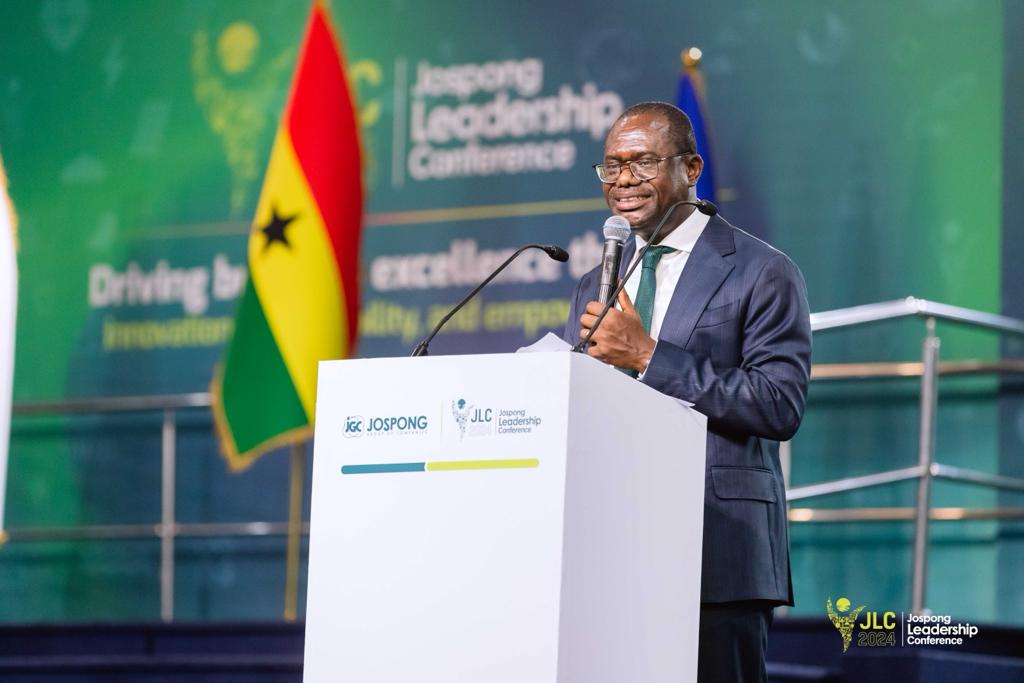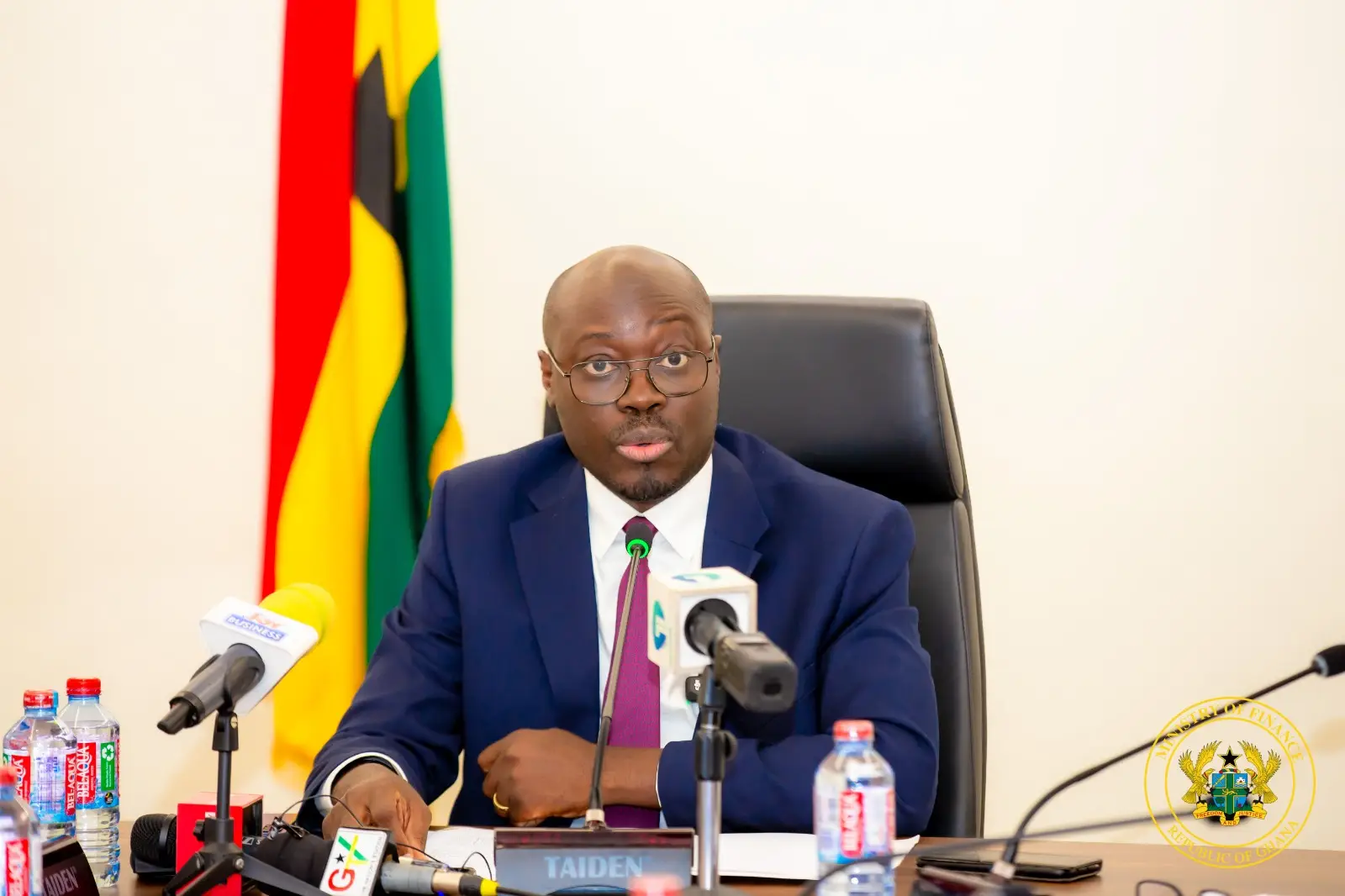
The 25-year-old Washington, DC-based Corporate Council on Africa (CCA) is hosting on 5-6 November in Johannesburg its first U.S.-Africa Infrastructure Conference to be held outside the United States. As the best-known business association focused solely on connecting American business interests with Africa, CCA members include most U.S. companies engaged with the continent. Florie Liser served as Assistant U.S. Trade Representative for Africa from 2003 until she took over as CCA's third president and CEO last year. Taking a break from conference preparations, she discussed the purpose of the conference.
CCA has held a U.S. Africa infrastructure conference for many years - always in Washington DC. Given the focus on infrastructure and the gap that needs to be filled by the private sector, we decided we would have the conference on the continent for the first time. Our event is timed to co-locate with the African Development Bank's Africa Investment Forum, where the focus is attracting investment into Africa's infrastructure sector. Having these two events close to each other in the same city should help to highlight the importance and the opportunities of investing in infrastructure.
Our focus is on innovation, because there are novel approaches - technologies and platforms - being used to develop and to finance infrastructure that are exciting and promising. Estimates for the amount of money that's required to build the infrastructure that Africa needs are huge. So the role of technology in trying to cover that gap is really important. That's why we picked innovation. We can't do business as usual.
Over 50 speakers are spotlighting innovation for infrastructure
CCA has always been known for bringing together both government and private sector stakeholders. For this conference, we wanted to make sure that we had government stakeholders from both the U.S. and Africa and from the private sector - both U.S. and African.
On the American side, we have people from the State Department, USAID, the MCC (Millennium Challenge Corporation), OPIC (Overseas Private Investment Corporation) and the Commerce Department. These are folks who make decisions about ways the U.S. government can support our private sector and the African private sector.
CCA is a membership organization that has both U.S. and African companies. We have big companies, like Caterpillar, Citibank, Standard Bank, Procter and Gamble, Dangote and Zenith. We have midsize companies like Acrow Bridge and SMEs (small and medium enterprises) like Computer Frontiers.
We have a session on how SMEs can partner with larger companies in sourcing and procurements for projects. Many of them are attending. A lot of African are focused on driving local content [for infrastructure projects]. Many U.S. companies are already partnering with local partners and sourcing from local companies who can meet their standards. I think we'll see more and more of that.
Technology and transport are key sectors
Our opening plenary is titled 'Catching the Broadband Wave', which spotlights the importance of ICT [information and communications technologies] in a number of sectors. We have one on aviation - air connectivity - and another on revolutionizing Africa's transportation, including roads and rails and bridges. There's another on project finance and one on meeting Africa's rising energy demands - and that includes solar. Our closing session looks at strategic investments in emerging markets.
The airline sector is not great yet, but it is definitely getting better. More regional service is available that can get you from one place to another. And we're seeing the addition of direct flights to key cities - like the new Kenya Airways flight connecting New York and Nairobi and the Ethiopian Airlines network that reaches many African destinations.
Challenging the narrative that Africa is China's sphere
I think there is a perception that is not accurate, and I've been challenging it. People say to me: 'Where is America? You're getting your lunch eaten by China.' But I point out that - at least as of 2016 - the largest investor in Africa was the United States.
I tell people - look at the membership of CCA. All those companies are on the continent - from the oil and gas companies - Chevron, ExxonMobil, BP - to Microsoft, Proctor and Gamble, Caterpillar. There are many in the medical field and so many other sectors - large and small.
I don't feel we are absent in Africa, but I do feel our story is not well known. Africans desire U.S. investment. They like working with U.S. companies because of the kinds of partnerships that we do. the skills transfers, the quality of our products and services.
China is very prominent in Africa and will continue to be. They need Africa to run their own economy. They need the resources. They're not going to pull back. But there are many others there as well - companies from around the world are investing in Africa. That is a testament to the opportunities.
Is there room for U.S. firms to do more? Absolutely. Much more. We could do a better job of competing, especially with the French and British and Germans. That is why we're excited about the passage [in the U.S. Congress and signed into law by the president] of the Build Act, which will double the resources OPIC has and allow for equity investments. This is critical for the U.S. presence - to level the playing field a bit for U.S. companies in Africa.
I'm excited about what CCA can do - what we're doing already and what more we can do. We want to change the narrative and make it clear: U.S. companies are in Africa and are looking to be there even more. Our focus is providing the kinds of access, connections and insight that businesses need to do well and to be successful in Africa.
This is our 25th anniversary! We've been doing it for 25 years. and we think this is a great time for U.S. companies and African companies - our members are both - to drive greater U.S. business engagement.
We'll be doing that at our next U.S.-Africa Business Summit in Mozambique in June.
Read Full Story



















Facebook
Twitter
Pinterest
Instagram
Google+
YouTube
LinkedIn
RSS